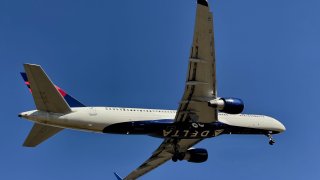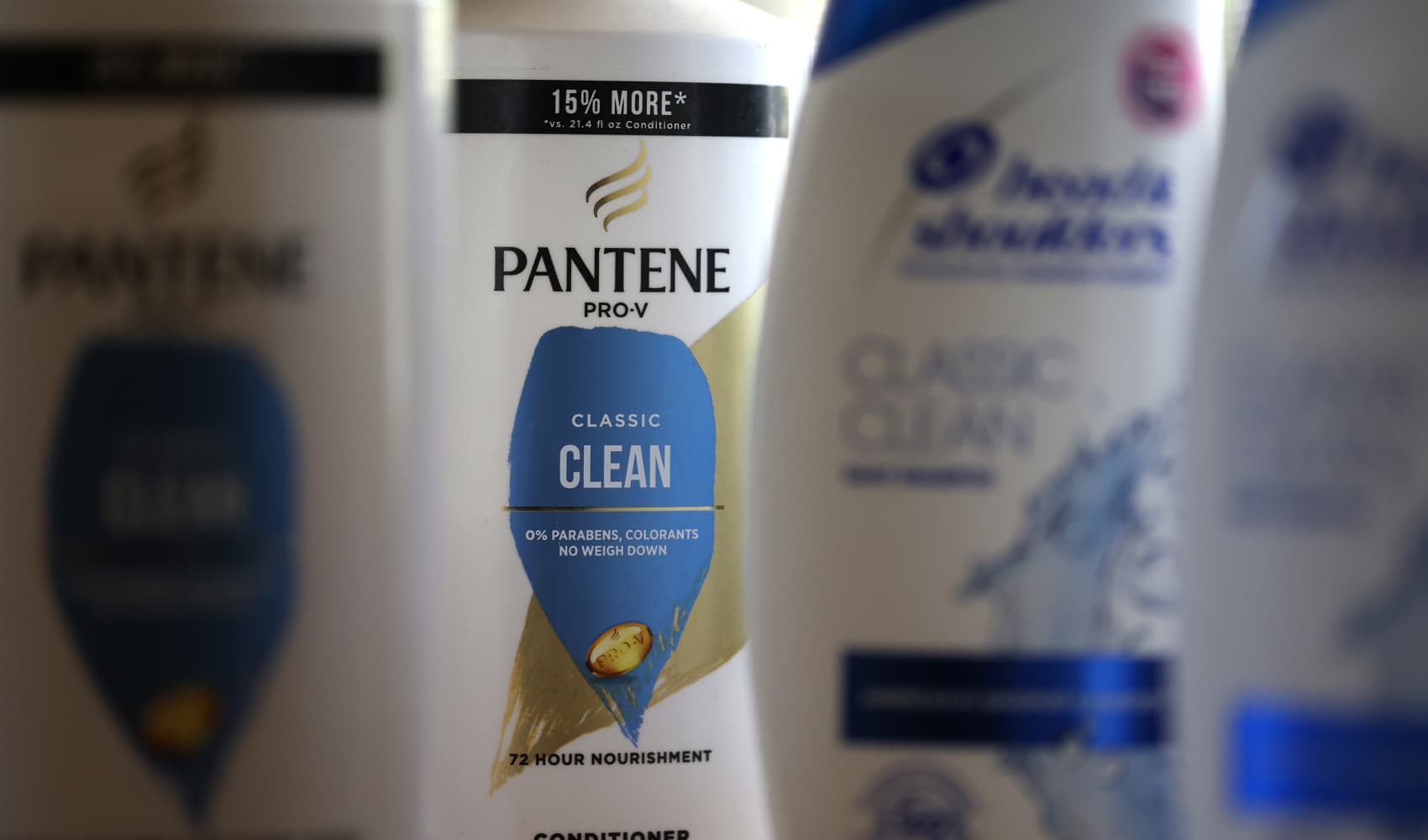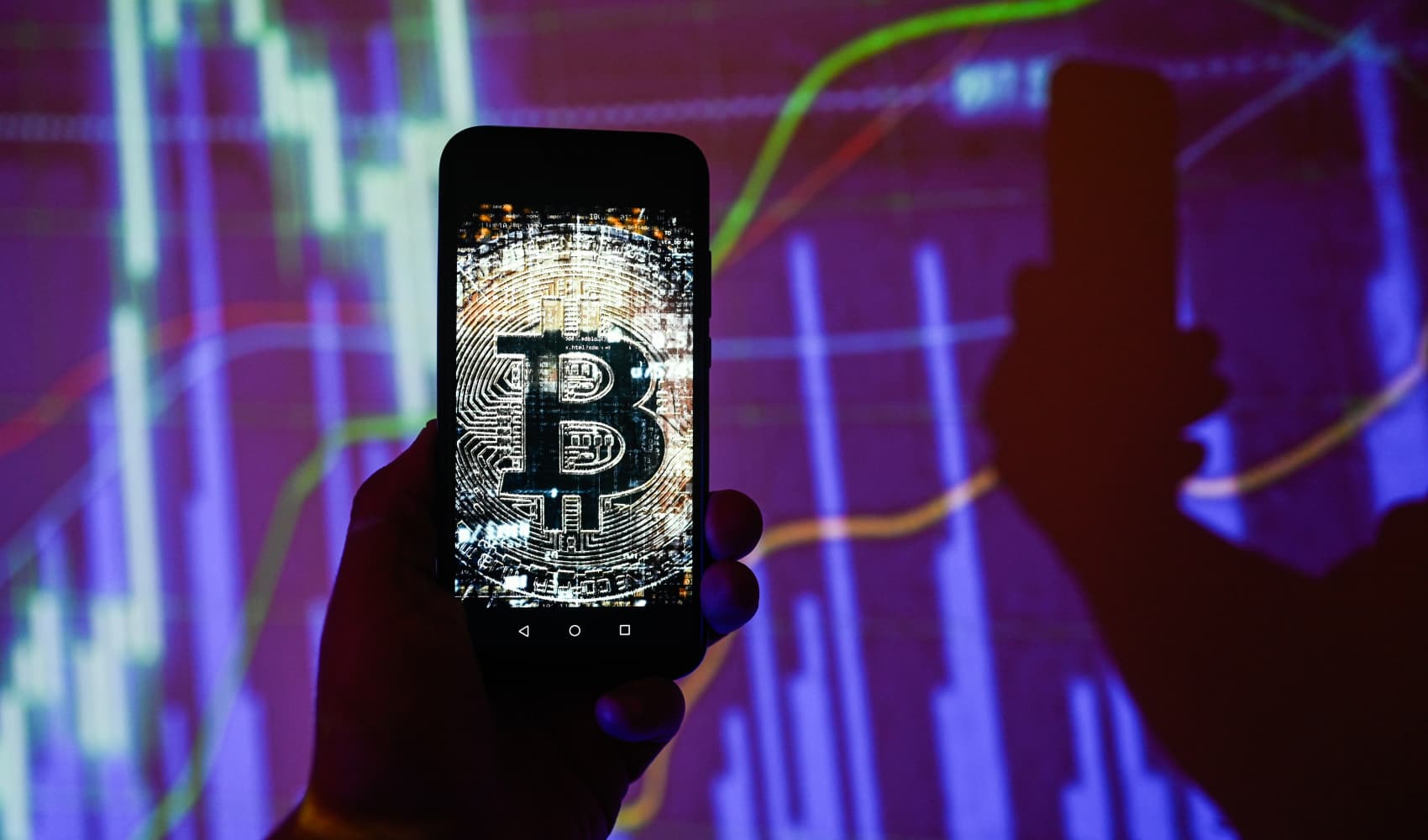
- Delta says domestic leisure bookings have recovered to 85% of 2019 levels.
- The airline expects to break even in June but still expects to post a pretax loss of up to $1.5 billion for the second quarter.
- Delta's cash burn turned positive in March, generating $4 million a day.
Delta Air Lines on Thursday reported another quarterly loss but said it expects to break even in June as travel demand rebounds from a deep Covid pandemic slump.
Delta and its competitors continue to lose money but have grown upbeat about an improvement in bookings as more people are vaccinated, travel restrictions lift and additional attractions reopen. The airline said domestic leisure bookings recovered to about 85% of 2019 levels, though international and business travel remain depressed.
Bookings in March doubled from January, CEO Ed Bastian told CNBC's "Squawk on the Street." However, he added that corporate travel demand is just 20% of the norm for this time of year.
Get Connecticut local news, weather forecasts and entertainment stories to your inbox. Sign up for NBC Connecticut newsletters.
"When I look at the first quarter, what's been clear to us is that our business has made a turn," Bastian said. "We've seen a huge surge in bookings just over the last couple of months."
The Atlanta-based carrier, the first to report results this quarter, posted a net loss of $1.18 billion on $4.15 billion in revenue for January through March, down 60% compared with the $10.47 billion Delta generated in the first quarter of 2019. On an adjusted basis, Delta posted a loss of $3.55 a share compared with a forecast of $3.17 per share.
Delta forecast its second-quarter revenue will be 50% to 55% lower than the same period of 2019 on scheduled capacity that's a third lower than two years ago. Its costs, stripping out fuel, will be up 6% to 9% this quarter, it said. Those costs include a race to train pilots who were sidelined during the pandemic or those flying different types of aircraft in time for the peak summer travel season.
Money Report
Delta has called back all of its pilots to active status, and Bastian said the airline could "be in the market for both pilot and flight attendant hiring again" before the end of the year if the travel rebound continues. United, Spirit and JetBlue Airways have resumed or plan to resume pilot hiring this year.
The capacity and revenue guidance "calls for a slower than expected near term recovery," wrote Cowen & Co. in a note after results were released.
Delta's shares fell 2.8% to end the day at $46.82.
Bastian said in an earnings release that the company expects "positive cash generation for the June quarter and [sees] a path to return to profitability in the September quarter as the demand recovery progresses."
Here's how Delta performed in the first quarter compared with what Wall Street expected, based on average estimates compiled by Refinitiv:
- Adjusted results per share: a loss of $3.55 versus an expected loss of $3.17 a share
- Total revenue: $4.15 billion versus expected $3.91 billion in revenue
The carrier is the last U.S. airline to block middle seats, a practice that began earlier in the pandemic to help customers feel more comfortable flying. Next month, Delta will abandon that policy.
A Centers for Disease Control and Prevention study published Wednesday said that laboratory modeling found that physically distancing passengers on board could reduce exposure to the virus that causes Covid-19 by up to 57%. The study didn't account for face masks, which are federally required on flights.
Bastian defended the decision to sell all seats on Delta's planes and dismissed the study's conclusions because researchers didn't take pandemic safety protocols into effect.
"Our experts tell us that with vaccination rates where they're at and demand being as strong as it is it's absolutely safe to sit in that middle seat," he said.






